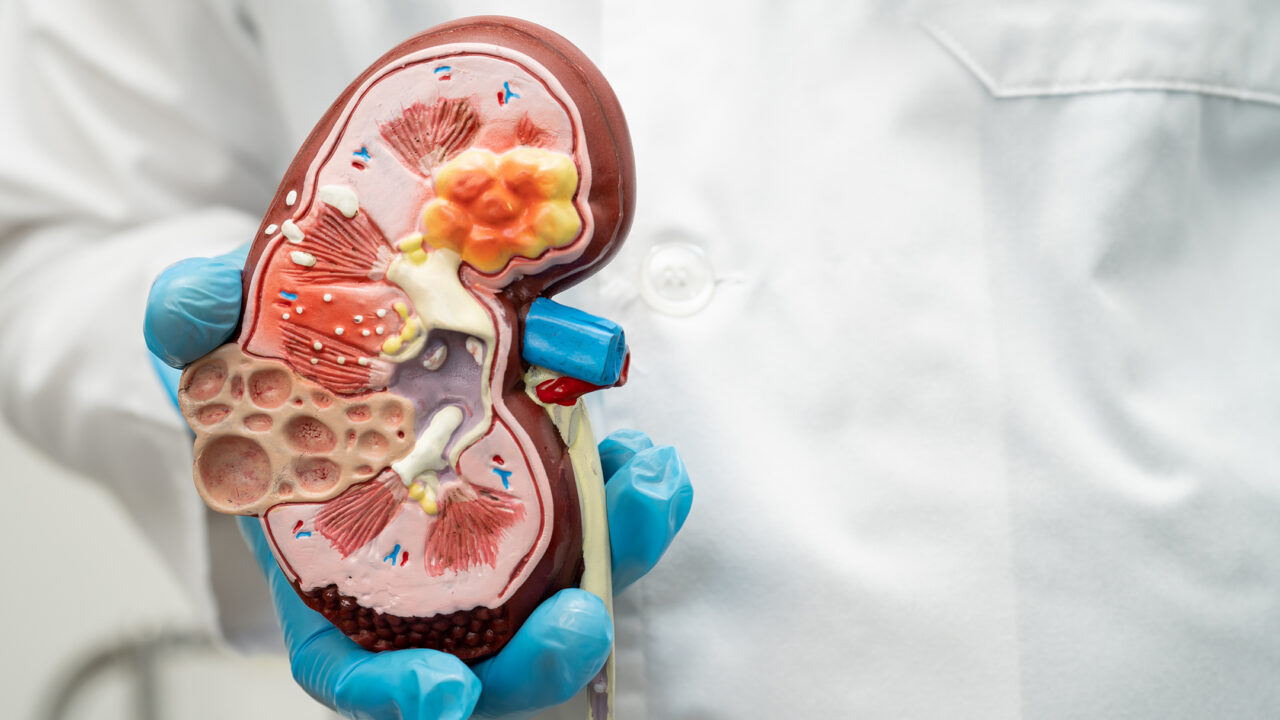Houston Methodist awards $10 million through Community Benefits Grant Program to strengthen health care access in the Greater Houston area
Houston Methodist recently announced that it has awarded $10 million in community grants to 30 local nonprofit organizations through the Community Benefits Grant Program. In 2025, the agencies receiving grant support will help more than 59,000 individuals in the Greater Houston area gain access to critical health care services. The Community Benefits Grant Program focuses on increasing health care access to primary care and mental health care services for uninsured and underinsured individuals through financial support...











